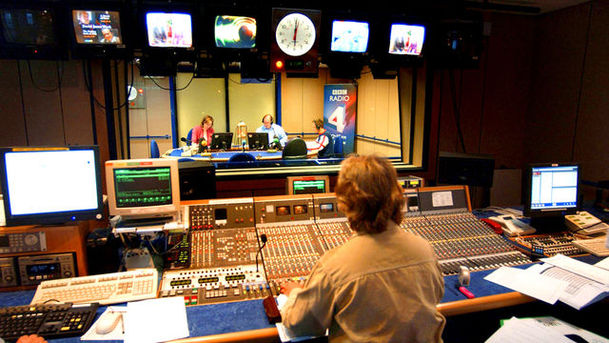Today - 05/03/2009

Presented by James Naughtie and Sarah Montague. Global chief economist at Goldman Sachs Jim O'Neill discusses how much he believes interest rates will be cut by the Bank of England. Oxfam's spokesman for Sudan Alun McDonald discusses if its work can still be carried out in the area. Nicholas Jones goes in search of Arthur Scargill, the former leader of the National Union of Mineworkers. Science correspondent Tom Feilden considers if a new space telescope will find earth-like inhabitable planets. Business editor Robert Peston reports on the current state of the Chinese economy. Political correspondent Norman Smith reports on who the next Labour leader might be. Thought for the day with Professor Mona Siddiqui, of the University of Glasgow. Economic adviser George Magnus and John Cridland of the CBI discuss if workers should be made to retire at a certain age. It is 25 years since the beginning of the miners' strike. Correspondent Bob Walker talks to a miner who returned to work after six months, crossing the picket lines. Conservative peer Norman Tebbit discusses his memories of the how government dealt with the industrial unrest. Pakistan's former High Commissioner to London Professor Akbar Ahmed considers if Pakistan could now be considered a failed state. Michael Summers of the Patients' Association and Professor Nick Bosanquet discuss if prescriptions should be free on the NHS. MP Michael Connarty examines the divisions caused by the miners strike 25 years ago. Michael Jackson will announce that he is going to do a series of 50 concerts in London. Broadcaster Paul Gambaccini and pop entrepreneur Pete Waterman discuss. Mark Mardell considers attempts by the US to normalise relations with Russia, which were put on hold after the conflict in Georgia. Prime Minister Gordon Brown has returned from Washington following his speech to Congress. North America editor Justin Webb and political editor Nick Robinson discuss what the US thought of Mr Brown's address.